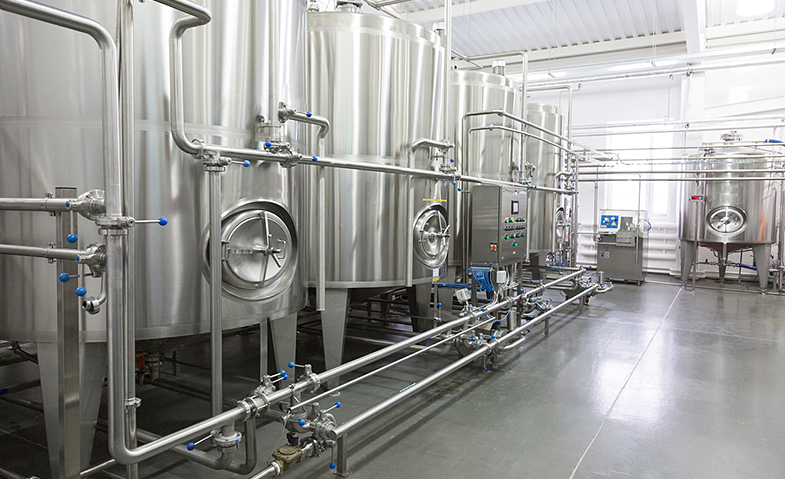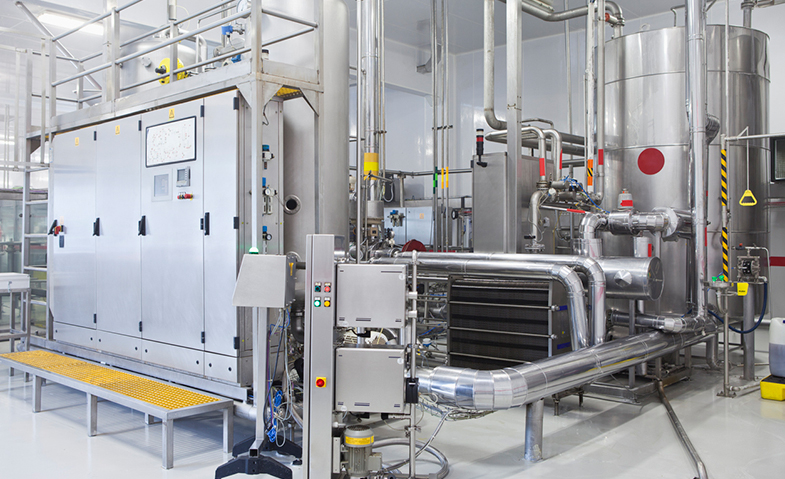
What is Process Piping and How Does it Differ from Plumbing?
By: Mattina | Posted March 5, 2020 | 0Despite their superficial similarities, pipework and plumbing are not synonyms. Businesses use all kinds of pipework in order to keep their facilities functioning. While basic plumbing is universally useful and thus very common, many manufacturers are familiar with another type: process piping. When deployed correctly, this specialized form of pipework can contribute to the production process at a relatively low cost.
What is Process Piping?
Process piping is most easily understood in contrast with typical plumbing. Conventional pipes are considered to be part of the building that they are installed in. Whether they help carry water to the sinks or distribute natural gas to power a range of ovens, these pipes are part of basic functions in the building and would likely be present even if the location was being used for purposes other than manufacturing. They have a significant part to play within the facility, but they are not directly involved with the output of the final product.
Process piping, on the other hand, is isolated from the building’s main infrastructure. Instead, it is attached to various pieces of manufacturing equipment and used to move gases and liquids that will eventually become part of the final product the factory ships out. For instance, a company might use piping like this to:
- Insert the carbon dioxide bubbles into soda pop.
- Combine several different liquid fruit purées into a single baby food formula.
- Mix scented oils and extracts into molten wax to create a scented candle.
These systems are largely self-contained and may be designed with specialized mechanisms to allow operators to attain precise control over pressure and flow. They are most commonly found in factories that move liquids and gases almost exclusively (such as in the pharmaceutical, petroleum and chemical industries), but many facilities could benefit from them in some capacity.
More Flexibility for a Better Outcome
The difference between plumbing and process piping is not just a matter of semantics. There is a sizable gap between the two in terms of the amount of resources required to implement them.
True plumbing is a highly regulated industry with exacting standards and mandated regular inspections for compliance with safety codes. Your plumbing contractors must acquire a permit before they can install new pipes or make any major changes to existing ones, costing you time and money before construction even begins. Depending on the industry and location in question, they may only be able to use pipes made of certain materials (usually copper or PVC) to complete the job. Plumbing contractors must also take into account the regulations concerning fittings, pressure valves, structural concerns and more. All of this means that standard industrial plumbing services can be expensive for many businesses, even if it is a necessary and worthwhile expense.
Process piping isn’t held back by all of those requirements. There are still safety standards to follow, of course, but plumbing contractors, in this case, have much more freedom of choice when it comes to materials and layout. This allows installers to create a final system that is as affordable as possible without compromising the quality of the final product. Installers also do not need a permit to install this type of piping generally – only for the backflow preventer attached to the system. Because of this, process piping is often much more cost-effective than standard plumbing, can be implemented more quickly, and should be used whenever possible.
Mattina Provides Industry-Leading Process Piping Solutions
Many construction plumbing companies excel at their routine work but falter when it comes to the more variable nature of process piping. Mattina Mechanical Limited’s expertise as plumbing contractors does not end with conventional plumbing set-ups. We can also install complex process piping systems to move liquids and gases throughout the various stages of production.
If you need a specialized system to create your products, we can implement a highly efficient process piping network that will get the job done. Contact us today to discuss more about our expert plumbing and mechanical services and how we might implement process piping for your company.

